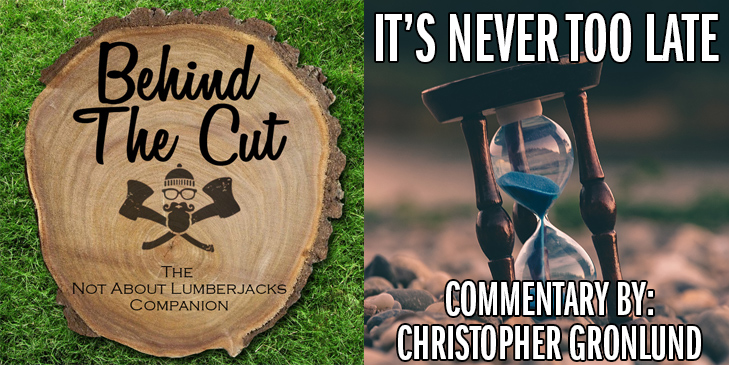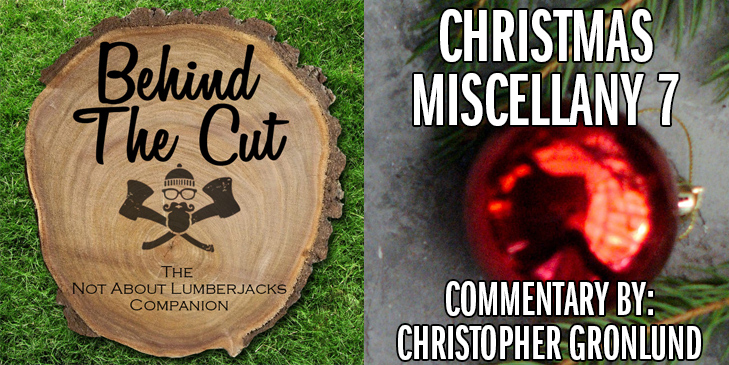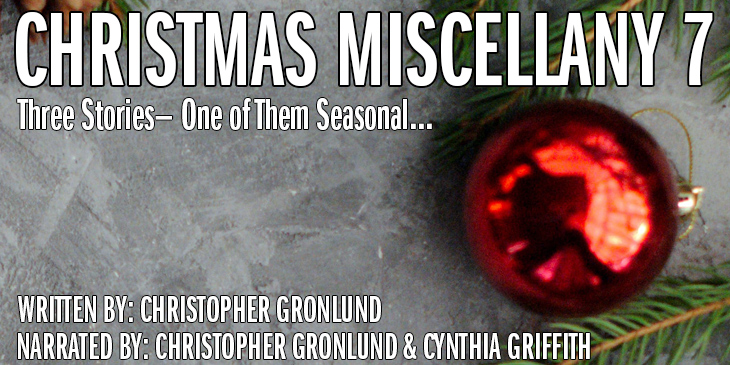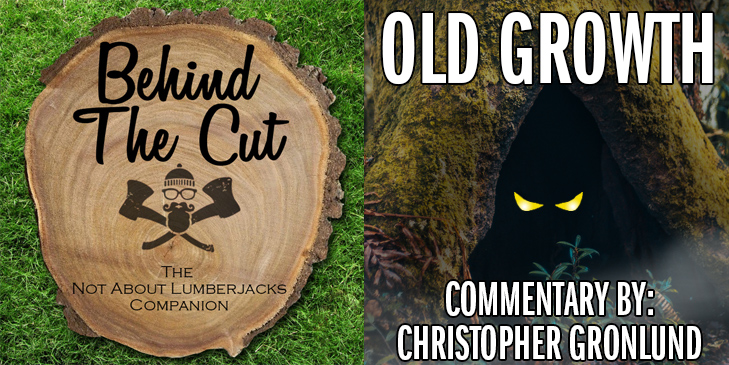
In this behind-the-scenes look at the latest Not About Lumberjacks story, “It’s Never Too Late,” I talk about the mechanics of time-travel stories and how “fixing” the past may not be as great an idea as it may seem.
As always, this commentary contains spoilers from the latest story, so you might want to listen to that first.
Podcast: Play in new window | Download
Subscribe: RSS



